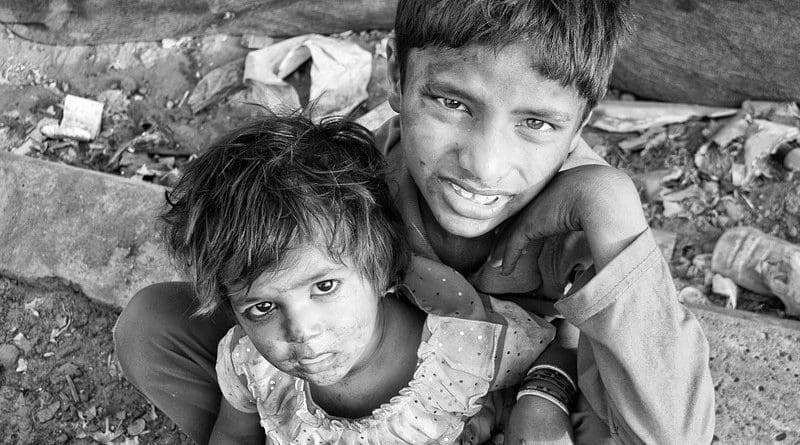When Will ‘Fourth World’ Countries Rank Up Their Status? – OpEd
It is true that many countries that have been categorized as “Fourth World” or “Least Developed” have been able to survive despite facing significant challenges. These countries often have limited resources, high levels of poverty, and all going conflict or instability. Many inhabitants of these nations do not have any political ties and are often hunter-gatherers that live in nomadic communities or are part of tribes. However, they also have resilient populations who are able to adapt and preserve in the face of adversity.
Many of these countries have made progress in recent years in areas such as healthcare, education, and economic growth. Though the people of these nations are hunter-gatherers, live in nomadic communities, or are part of tribes. However, some countries are developing. For example, African countries have experienced economic growth in recent years due to increased investment and improved governance. Additionally, there have been efforts to improve access to education and healthcare in many of these countries through international aid and support.
It is hard to pinpoint a single cause for long-term poverty in the fourth world. Corrupt governments can make a very rich nation into a poor one. And so can a history of exploitative colonization, weak rule of law, war and social unrest, severe climate conditions, or hostile, aggressive neighbors. The weaknesses compound, a country in debt will not be able to afford good schools, and a poorly educated workforce will limit capacity. This needs to be addressed internationally to support the least developed world to rank up their status.
While there is still much work to be done to address the challenges faced by these countries, it is important to recognize the resilience and strength of their populations. Many individuals and organizations are working towards improving the lives of those living in these countries and with continued effort and investment, there is hope for a brighter future.
The term “Fourth World” is not commonly used in contemporary discourse, and its definition is not universally agreed upon. However, it has been used to refer to the most economically and socially disadvantaged countries in the world often those that are experiencing extreme poverty. Conflict, and underdevelopment.
It is difficult to predict when these countries will “rank up” their status, as it depends on a variety of factors such as political stability. Economic growth, access to education and healthcare, and international aid and support. Many of these countries face significant challenges in addressing these issues due to a lack of resources, corruption, and ongoing conflict.
However, there are efforts being made by international organizations and governments to support development in these countries. The United Nations has set forth the sustainable development goals (SDGs) which aim to address poverty, inequality, and environmental degradation worldwide. Additionally, many developed countries provide aid and support to developing nations through foreign aid programs.
While progress may be slow and uneven, there is hope that with continued effort and investment in the countries’ development, they can improve their status and quality of life for their citizens.

